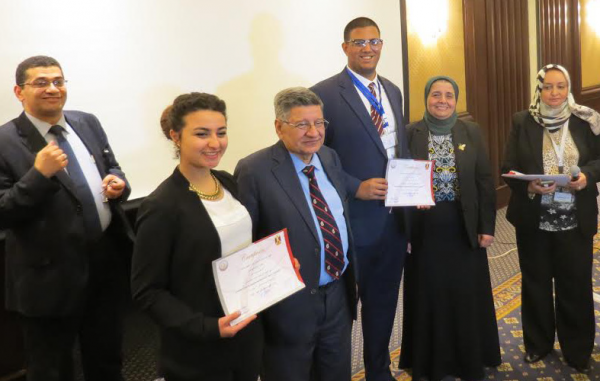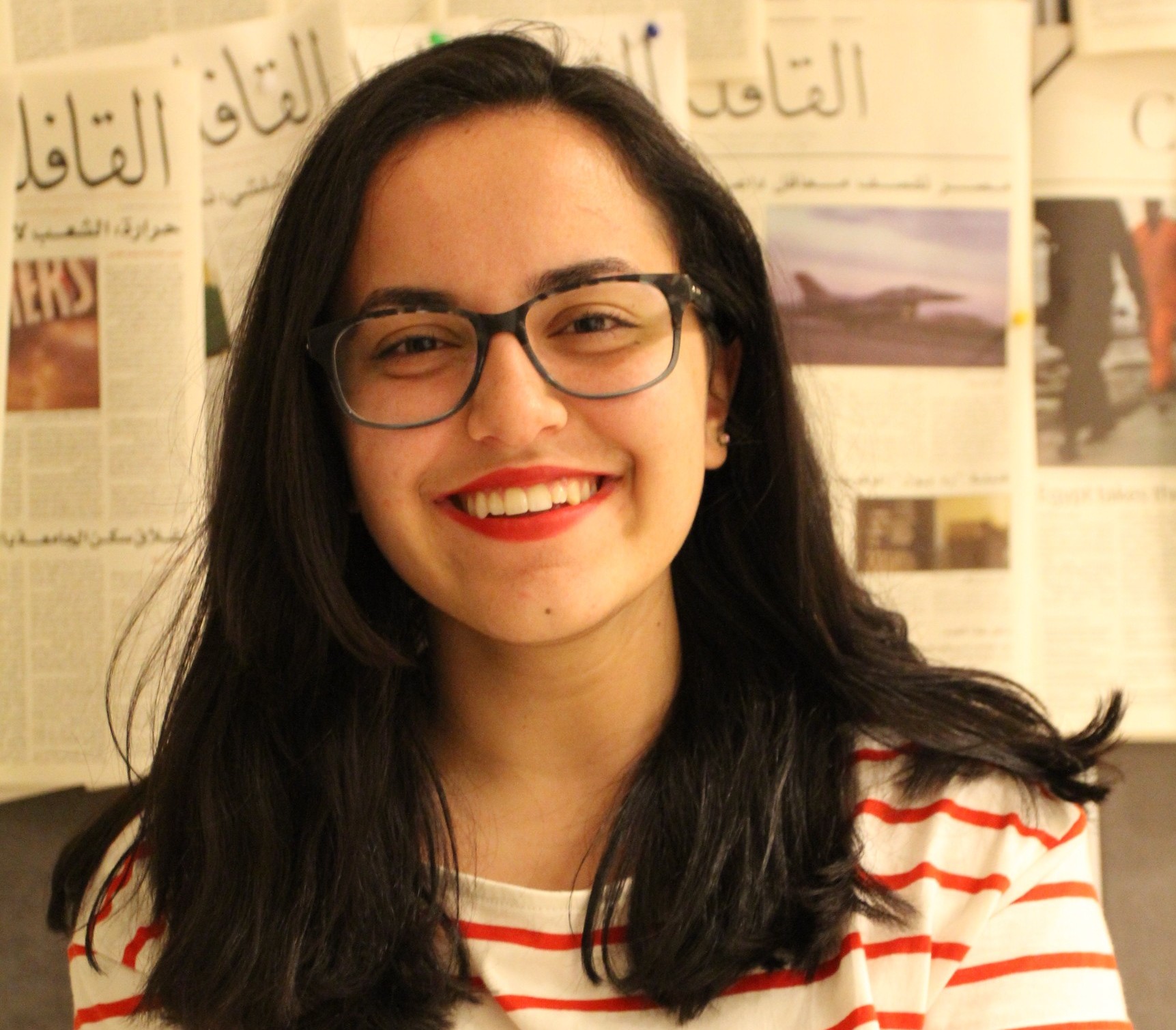Government Engages with AUC Students to Ensure Quality Education

By: Hussein El Moataz
@Se7s147
Last week, under the title of “Bridging Gaps and Building Trust”, the National Authority for Quality Assurance and Accreditation of Education (NAQAAE) hosted a workshop on students’ role in the quality assurance of higher education.
AUC students took part in this workshop alongside representatives from 23 other universities including Cairo University, Mansoura University, Sinai University, the Police Academy and the Military Academy.
While AUC currently holds accreditation from the Ministry of Higher Education, it has not yet been recognized by NAQAAE.
Academic Representation Chairperson in the Student Union (SU) Omar Bahaa was representing AUC with three of his colleagues from the Union.
“We were there to discuss accreditation, as here in AUC, we’re trying to get Egyptian accreditation, so that any AUC student can easily transfer to another Egyptian university without facing major barriers,” Bahaa told The Caravan.
In the workshop, students were divided into groups where they shared their perceptions about the quality of education in their universities.
The main bene t of the workshop was the activities and discussions held between the students from di erent universities, according to Bahaa.
“I’m very glad to see the diversity of students who attended the workshop from a lot of sectors, this will help in raising the quality of each university,” NAQAAE President Yonhasen Eid said.
“We are here because we care about the students’ voice and views, so we strive to communicate together to increase our quality standards,” NAQAAE Vice President for Higher Education Azza Agha added.
The workshop began by testing the students’ awareness of quality assurance and accreditation and the distinction between the two.
This was followed by an open discussion on how quality assurances are made and guaranteed.
“The main problem was that not all students were aware of the accreditation process,” Bahaa said.
“However, diverse experiences were shared through the moderators and the insights from the students were very beneficial.”
Various representatives put forth their recommendations on how universities can have better quality assurance processes.
The common suggestion was the need for more pro-active students in the process.
The students expressed that accreditation is especially important when it comes to making decisions regarding their choice of institution for higher education or career prospects later on.
Although NAQAAE do not award quality ratings or certi cates, they do, however, put guidelines and standards for universities to increase quality.
“We give accreditation and not necessarily assess the quality of its education,” Eid said.
Instead, the Authority gives support, guidance and training for universities to match their guidelines prior to awarding accreditation.
The main activities and discussions were moderated by Nagib Khozam, a member of NAQAAE.
“Students are the key players in having quality assurance for their universities,” Eid added.
Bahaa considers the main issue to be the perception of participants towards accreditation.
“Students seek accreditation for their own sakes when working or travelling; they must instead think about how accreditation will develop the place they are having education in,” he said.
Concerning AUC’s presence in the workshop, Bahaa said that the participants were bene cial because of the communication and the information exchange with other students.
The representatives from AUC are expected to present their ndings and conclusions before the Provost in the near future.




